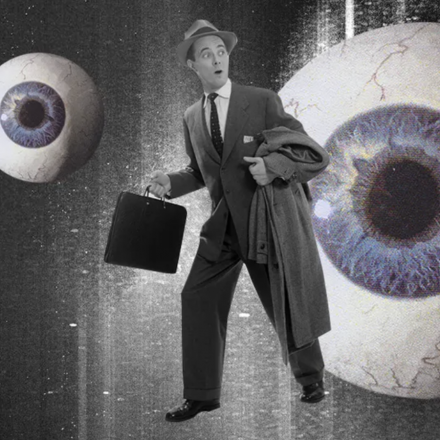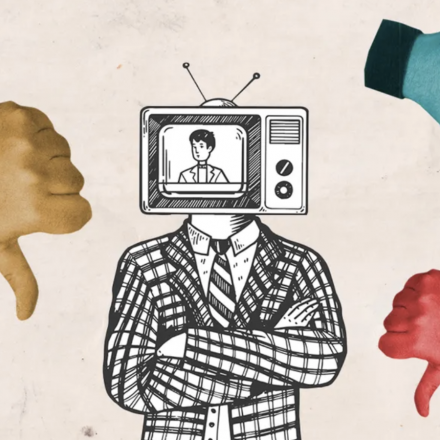When it comes to kindness and mutual assistance, many believe that religion is a powerful tool for bringing people together. However, studies reveal that this unity has its limits. Let’s explore why some people are eager to share everything with their fellow believers but find it difficult to help outsiders.
Religion is often associated with honesty and charity, but there’s a catch: all this prosociality is directed within the group. If a person believes in a punitive God, their behavior becomes more virtuous — but only toward those who share their faith. This is confirmed by economic games, where religious participants act honestly only with fellow believers, especially when reminded of divine punishment beforehand. But as soon as someone outside the group joins the table, their prosocial behavior diminishes.
In-group favoritism is at the core of how many religious people interact. Kindness, generosity, support — all of it flows abundantly toward those who share their prayers and beliefs. Charity? Absolutely! But the recipients are usually their own. Even when people have never met in person, shared religion becomes the connecting thread. Cross-cultural studies in 15 different societies confirm that faith unites — but only within the group.
However, the flip side of this coin is less shiny. When an outsider appears — especially someone without a religious affiliation — the situation changes. Religious priming can amplify bias, the desire to punish norm violations, and even encourage vindictiveness.
This is where atheists come into play. Despite common stereotypes, they often show more kindness and tolerance toward people from other groups. Atheists are more likely to defend outsiders, demonstrating a universal humanism that many religious systems merely proclaim.
So, what’s the reason? Are religious people simply kinder to fellow believers because there are more of them in their surroundings? Research says no. Even in the absence of personal connections, religious individuals still exhibit favoritism toward their own, while atheists remain more open to everyone.
So, if someone tells you that religion makes the world kinder, ask them which world they’re referring to. It’s likely a small world of "us", rather than a global harmony for all.


















